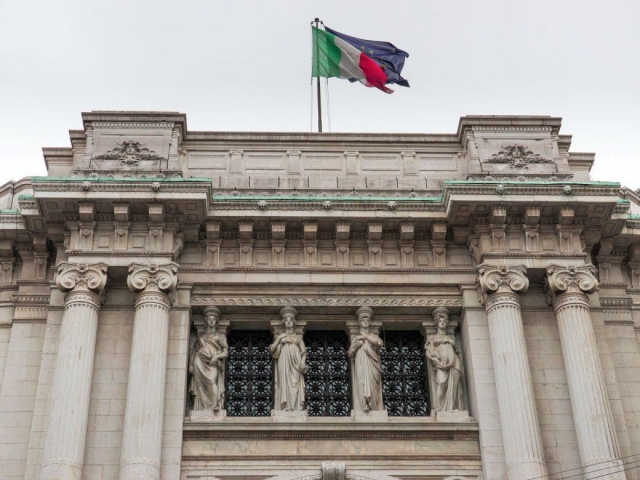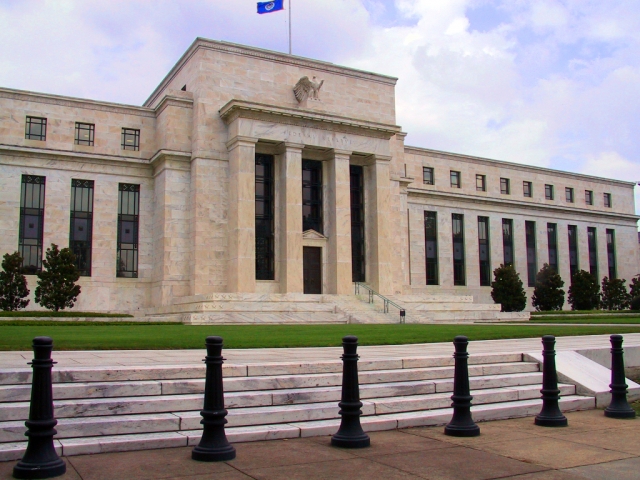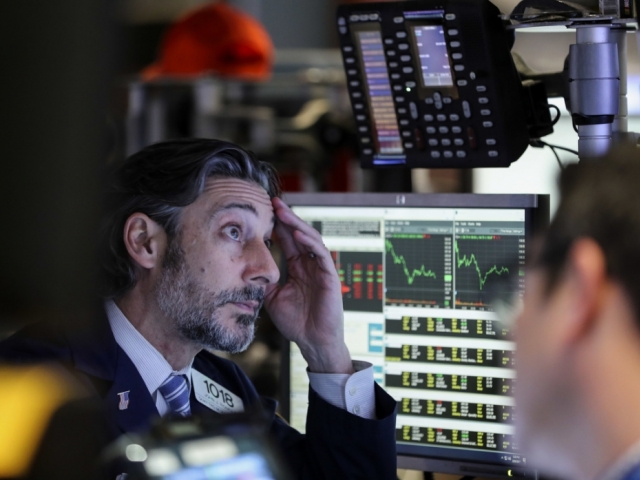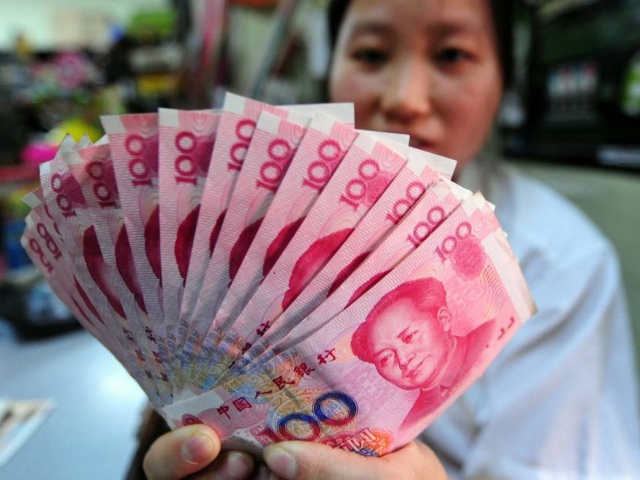
Italy
First, the growth of populism in connection with activities of the Five Star Movement party threatens the fragile stability of the country. With more support, the party could destabilize the country's position in the international arena.
The second issue is the Italian economy, which has not been able to fully recover after the crisis and today has the second largest debt in the euro area with debt-to-GDP standing at 133%. This makes the country vulnerable to default.
The problems with the banking system of the country do not recede. The last few years, banks have suffered from a bad management system, fraud and scandals.
Deutsche says Italy's banking system also has permanent problems. Over the past few years, banks faced a bad management system, fraud and scandals.
The United Kingdom
There is a chance that Brexit could be the catalyst for the next global financial crisis
Deutsche Bank analyst Jim Reid said there are some similarities between Brexit and the Second World War, when no-one really expected war, weeks and months before it arrived. Investors expect a deal to be struck, while the British and EU establishment thinks that Brexit would not happen at all. According to Jim Reid and his team, if Brexit goes wrong, it will trigger a new crisis.

ETFs
The situation in the markets is changing. Today there are new investment tools like exchange-traded funds (ETFs).
A growing number of investors are opting to invest in ETFs rather than actively-managed funds, which are associated with lower returns and higher fees.
The popularity of ETFs is growing rapidly, but there was no chance to test their resilience. This makes some experts wonder if the sector will be able to cope with a considerable market correction.
This is especially true given that some ETFs can distort markets by encouraging investors to put money into big companies.

Japan
The country is still trying to cope with a large budget deficit, a large QE and the largest public debt among developed nations.
At the same time, Japan's population is falling and ageing with fewer workers to pay the bills and more elderly people in need of support.
Deutsche Bank notes that most of the issues that face Japan are not new. But that could result in debt restructuring, much higher inflation or major monetization of debt.

Central banks and governments
The US Federal Reserve is raising rates and is unwinding its balance sheet, the ECB is starting to taper QE in the eurozone, and the Bank of England has increased interest rates for the first time in a decade.
Dubbed the "Great Unwind" by Deutsche Bank, central banks around the world are pulling back from the incredibly loose monetary policy. "The 'Great Unwind' is a journey into the unknown and history would suggest there will be substantial consequences of the move especially given the elevated level of many global asset prices," Reid writes.

Experts highlight the worrying risk that governments around the world are now unable to deal with any downturn, meaning that a major crisis is looming.
"With government debt levels spiking since the last recession, are politicians able to act as aggressively as they might need to? It does feel that we are at a crossroads and the next downturn could be marked by extreme events given the policy cul-de-sac we seem to be nearing the end of," Deutsche Bank's team writes.

China
Market participants are of particular interest in China as it is the world's second-largest economy and the fastest growing major economy. In late 2015, a minor panic emerged after Chinese stocks plunged. That crisis was short-lived, but experts believe China can be the source of the next financial crisis, which will affect global markets.
“Rapid credit expansion due to an insatiable demand for debt-fuelled growth, compounded by a hugely active shadow banking system, as well as an ever-expanding property bubble fuelled fears for economists that China could inevitably make a hard landing and send shockwaves through the world's financial markets," Reid writes.

Europe, separatism and populism
Following Trump's victory and the start of Britain's withdrawal from the EU, it has become obvious that populism will shape the global landscape in coming years.
According to Deutsche Bank, the level of uncertainty will remain high. "Prior to the last decade, the only comparable rise in populism started in the 1920s and culminated in WWII. So although populism has proved unpredictable in recent years, the rise surely increases the risks to the current world order and could set off a financial crisis at some point soon."
 বাংলা
বাংলা 
 Русский
Русский English
English Bahasa Indonesia
Bahasa Indonesia Bahasa Malay
Bahasa Malay ไทย
ไทย Español
Español Deutsch
Deutsch Български
Български Français
Français Tiếng Việt
Tiếng Việt 中文
中文 हिन्दी
हिन्दी Čeština
Čeština Українська
Українська Română
Română
